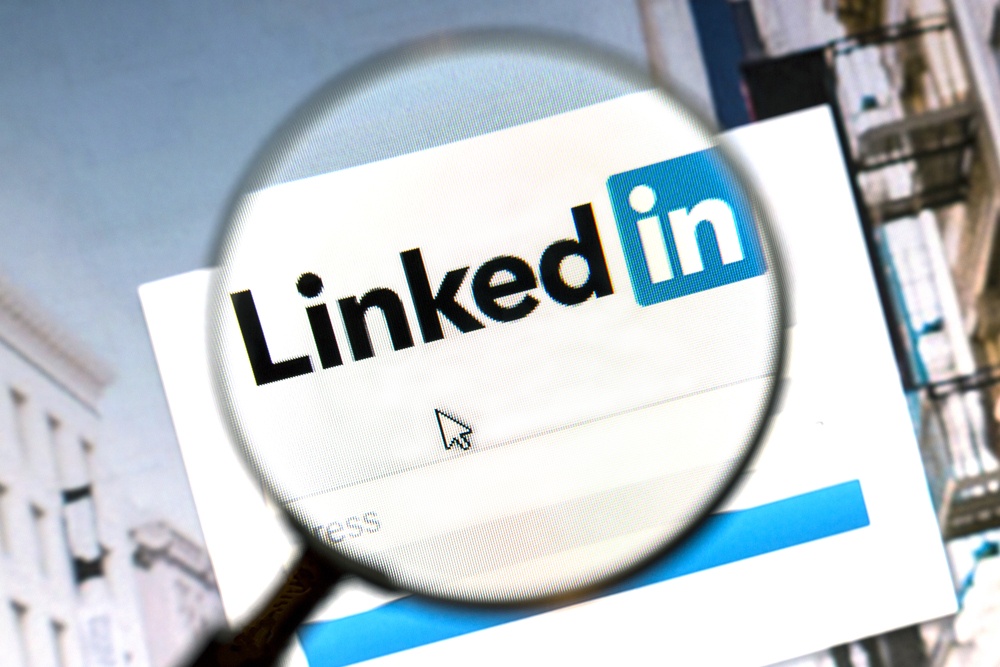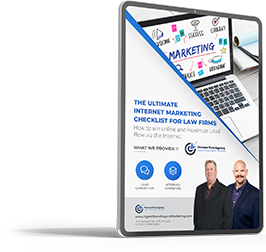The past decade has seen a shift in the way consumers interact with businesses. As a result, marketing practices have evolved. These days, consumers are no longer passive objects just waiting to be sold products and services. They actively seek relationships with the businesses they patronize, and demand quick gratification when it comes to information and customer service.
That shift in dynamics, has brought social media squarely into the marketing sphere for insurance and financial services agents. One of the primary sources of information for modern consumers is social media. It is also the place where most of their relationships are cultivated. For insurance agents, social media platforms are a great way to get closer to the target market, facilitate open discussions with prospects, and nurture important customer relationships.
In short, social media marketing can have a hugely positive impact on your insurance agency in many ways.
What is Social Media Marketing?
The term “social media marketing” means different things to different people. For some, it is about attracting the most attention for their business page and increasing vanity metrics such as “likes.” For others, the objective is to funnel as many social media users as possible, back to their business’ website.
Wikipedia’s definition is as follows:
“Social media marketing is the use of social media platforms and websites to promote a product or service. Most of these social media platforms have their own built-in data analytics tools, which enable companies to track the progress, success, and engagement of ad campaigns.”
But, that definition is slightly disappointing and somewhat obvious. It does little to get to the heart of what social media marketing is. A more accurate definition comes courtesy of an article published on neilpatel.com. The definition says:
“Social media marketing is the process of creating content that is tailored to the context of each individual social media platform, in order to drive user engagement and sharing.”
That is certainly a more accurate way to describe social media marketing, but it too, is lacking. Driving user engagement and sharing is a worthwhile cause, but as insurance agency owners, it is important to know why those things matter. The latter definition would be even more useful if it explained the point of driving user engagement and sharing. The point is to build brand awareness, attract more prospects to your agency website, and increase signups.
In that respect, social media marketing is not all that different from any other form of marketing. But with 78 percent of the U.S. population using social media as of 2016 (according to Statista), it would be wise to establish an appropriate marketing plan.
{{cta(’12bb2c7e-fc2f-459e-ba66-8d2e552df854′,’justifycenter’)}}
Your Social Media Marketing Plan
Many of us still struggle with the concept of marketing on social media, let alone developing a marketing plan from scratch. While there are some nuances to crafting an effective social media marketing strategy, it can be reduced to this – every action you take should be part of the larger business plan.
That means every post you publish, comments you reply to, and content you share should be aligned with your overall business strategy. For some, the main goals are to develop brand awareness and increase website visitors, for others it is client retention. Don’t set too many goals. One or two will be sufficient. Any more, and they become a distraction, which could lead to fewer goals being achieved.
How to create your marketing plan:
- Identify business objectives – As previously mentioned, your social media goals should be aligned with your main business goals. So, it is important to establish business objectives for your agency. You can only move forward if you have something to work toward.
- Create social media goals – Your goals should include more than just vanity metrics such as Likes and Retweets. More advanced metrics such as web site referrals, leads generated, and conversion rate will be more important to your agency. Free tools such Google Analytics are useful for monitoring these important metrics.
- Create or improve social media accounts – Select the networks that best meet your business goals. If for example, your target market is professionals, LinkedIn will be where your focus should be. Likewise, your strategy should be geared toward Facebook if you are primarily interested college students.
- Publish and share high-quality content – If you are not sure which types of content will get the most engagement, you can look to others in your industry for inspiration. Once you have determined what works, set up a publishing schedule that you can maintain consistently.
Social Media Marketing Services
A well-crafted social media marketing plan will provide a smooth roadmap to a successful campaign. That, however, is just the beginning. Likely, you will need to initiate multiple campaigns across various networks – each requiring their own unique marketing plan and execution.
You will need to develop a system for creating, publishing, and distributing quality content across all networks. On top of that, you will have to monitor, measure, and tweak your campaigns on a regular basis. Those are all things which are imperative to marketing successfully on social media.
No doubt it seems like a challenging undertaking, and, in truth, without proper resources, social media marketing can be difficult. But, the end results are worth the effort. You can expect huge rewards for your insurance agency in terms of brand recognition, client sign-ups, and an increased book of business . According to TNW News, 43% of digital marketers say that social media is one of their most effective tactics.
If, however, resources are an issue, and they often are for fledgling insurance agencies, you might need to consider hiring social media marketing services. That does not represent a quick and easy fix, but it does mean you can keep focused on maintaining your current book of business while social media marketing experts take care of this other highly important aspect of running a modern agency.
Conclusion
Your prospects are using social media, and it is imperative that you be there to interact with them. By sharing valuable content and interacting in a positive way, you will be able to influence people’s purchasing decision and sway them into choosing you for their insurance needs. And that will impact your agency in profound ways.







